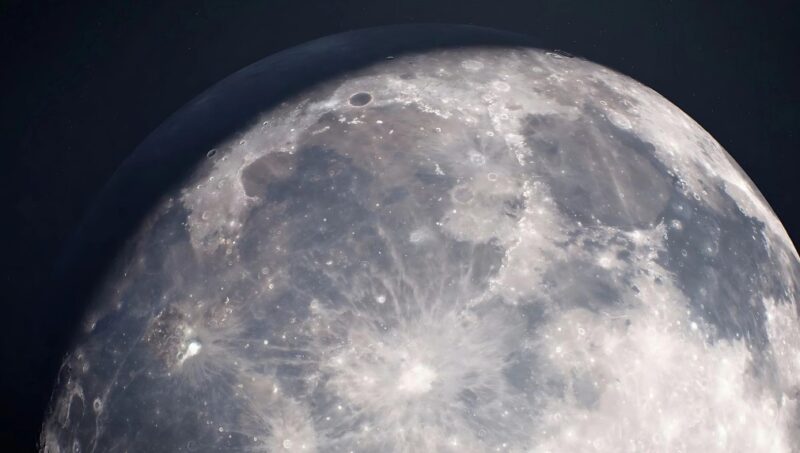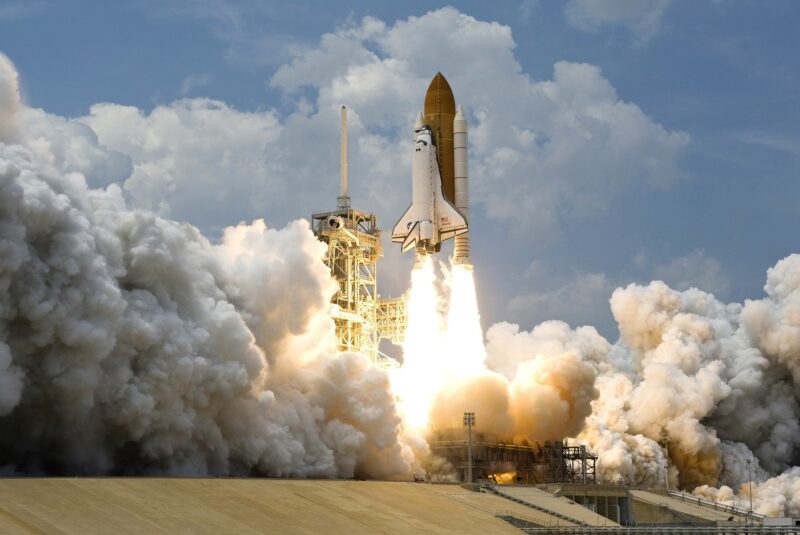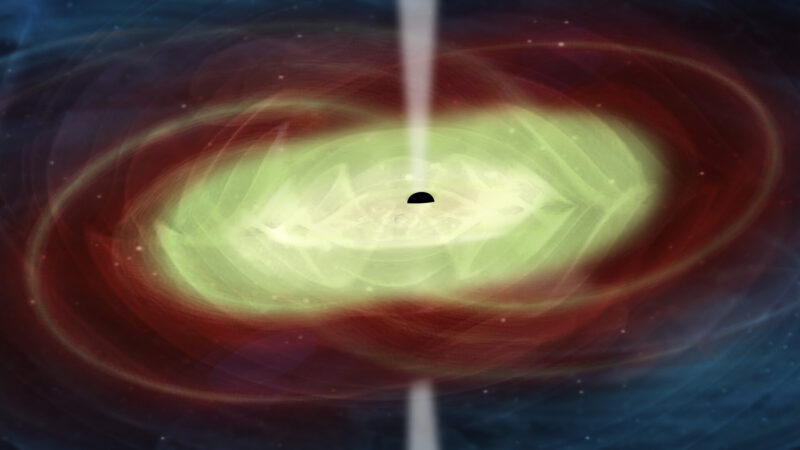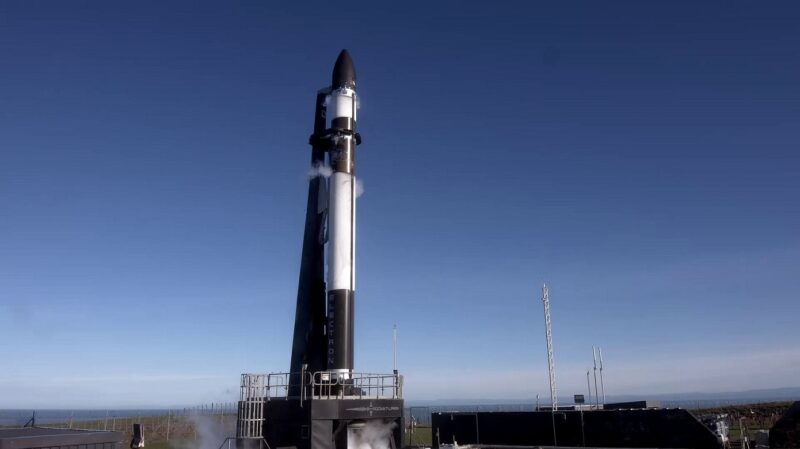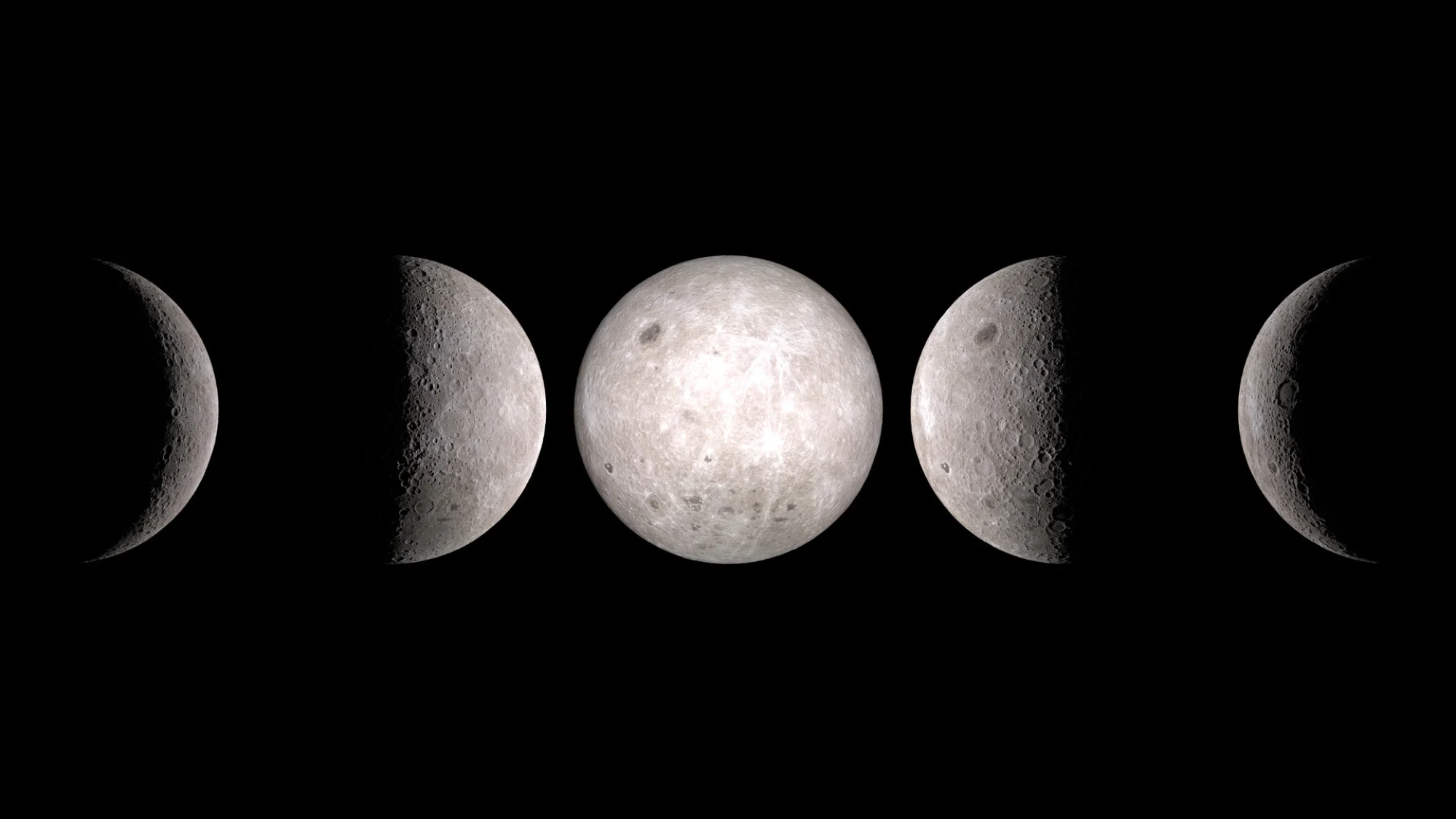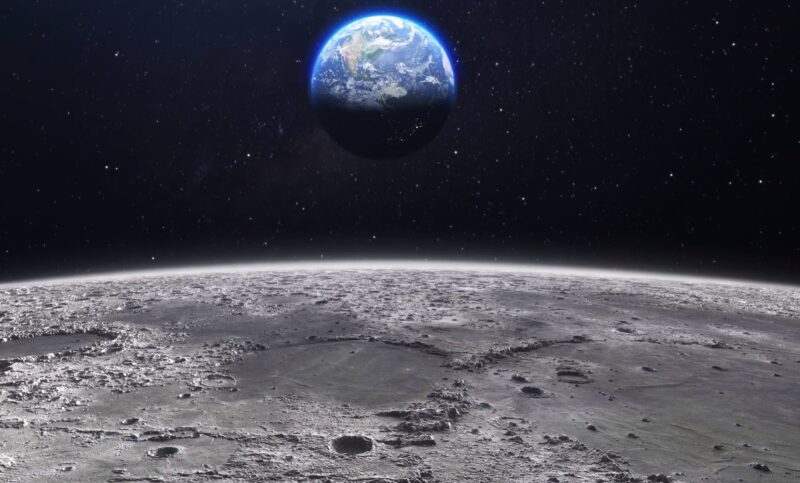Is the Moon a Planet? Its True Nature Revealed
This question might seem straightforward, but it opens a portal to a deeper understanding of astronomy, planetary science, and the dynamic system that constitutes our Solar System. Today, we’ll explore the Moon’s characteristics, and explain why the Moon is not a planet but an equally fascinating celestial body. What defines a planet? According to the International … Read more
